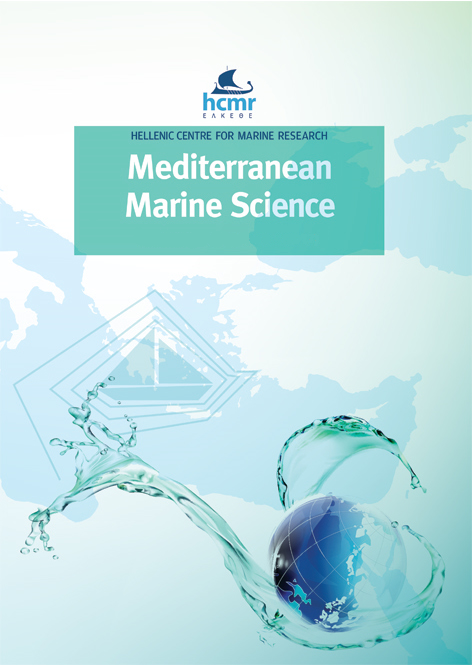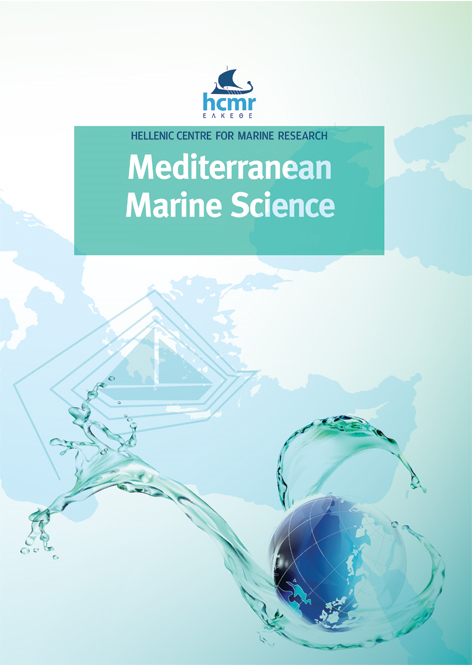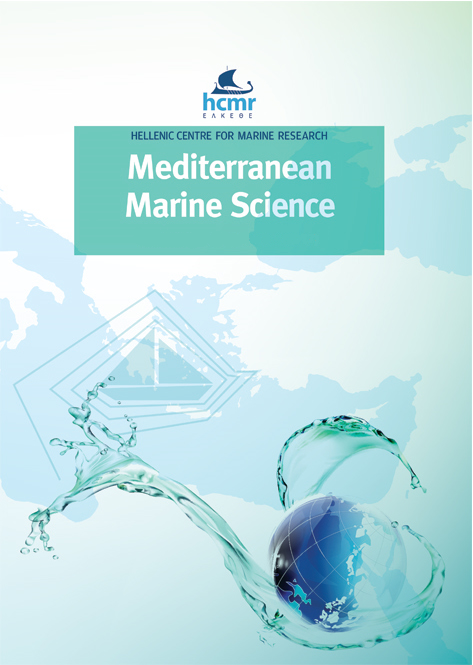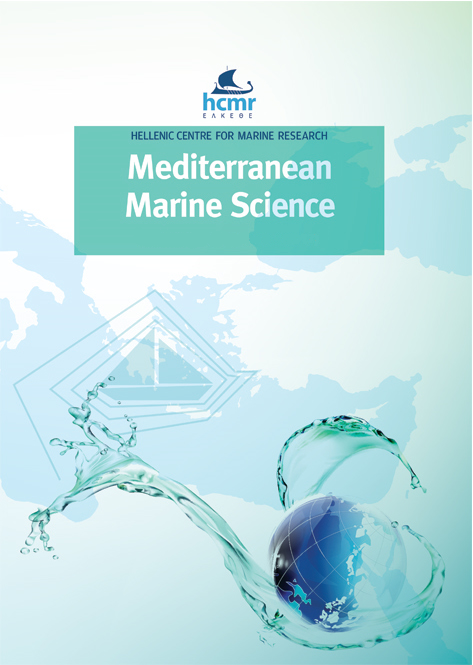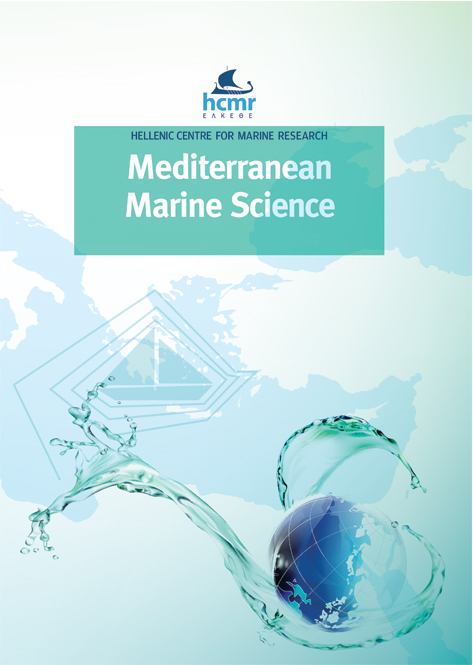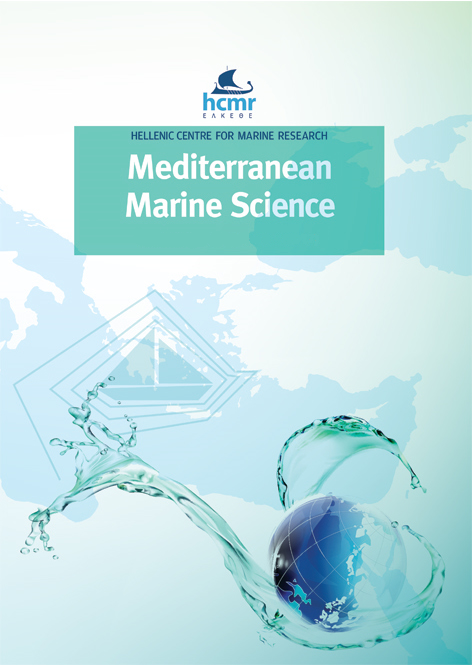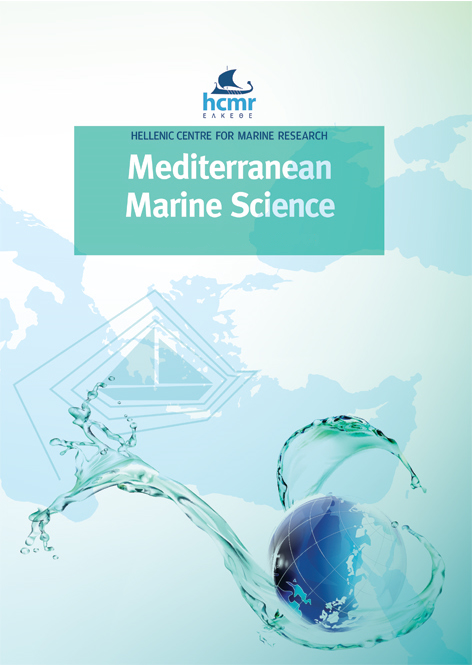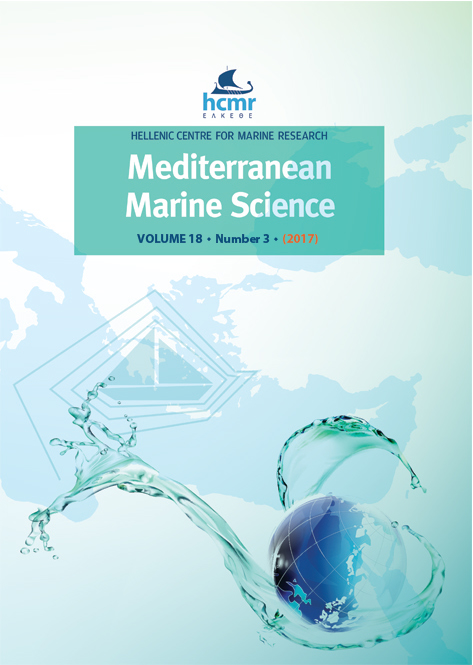Assessing the regional conservation status of sponges (Porifera): the case of the Aegean ecoregion
Abstract
Sponges are among the less-studied benthic invertebrates as regards their extinction risk and conservation status. Herein, we evaluate the regional conservation status of sponges in the Aegean ecoregion (Eastern Mediterranean Sea), using the IUCN Red List criteria. We examined 20 sponge taxa falling into three categories: i) threatened species listed in Annex II of the Barcelona Convention, ii) bath sponge species (Annex III of the Barcelona Convention), and iii) Aegean endemics. The regional geographic range of the examined taxa was depicted on detailed distribution maps, based mostly on recent observations by the authors and literature data. When possible, population trends were estimated based on historical data, and threats were identified. The suggested regional conservation status of the examined sponge species is as follows: i) nine species were characterised as ‘Data Deficient (DD)’ due to limited available information; ii) seven species were assigned to the ‘Least Concern (LC)’ category; iii) the four harvested bath sponge species were assigned to the Endangered (EN) category, based on their population decline in the Aegean region during the past decades. The present evaluation, besides providing scientific data for the regional protection and management of sponge populations, can form a basis for wider assessment and consequent conservation of Porifera.
Article Details
- Come citare
-
GEROVASILEIOU, V., DAILIANIS, T., SINI, M., OTERO, M. del M., NUMA, C., KATSANEVAKIS, S., & VOULTSIADOU, E. (2018). Assessing the regional conservation status of sponges (Porifera): the case of the Aegean ecoregion. Mediterranean Marine Science, 19(3), 526–537. https://doi.org/10.12681/mms.14461
- Fascicolo
- V. 19 N. 3 (2018)
- Sezione
- Research Article
Authors who publish with this journal agree to the following terms:
- Authors retain copyright and grant the journal right of first publication with the work simultaneously licensed under a Creative Commons Attribution Non-Commercial License that allows others to share the work with an acknowledgement of the work's authorship and initial publication in this journal.
- Authors are able to enter into separate, additional contractual arrangements for the non-exclusive distribution of the journal's published version of the work (e.g. post it to an institutional repository or publish it in a book), with an acknowledgement of its initial publication in this journal.
- Authors are permitted and encouraged to post their work online (preferably in institutional repositories or on their website) prior to and during the submission process, as it can lead to productive exchanges, as well as earlier and greater citation of published work (See The Effect of Open Access).

